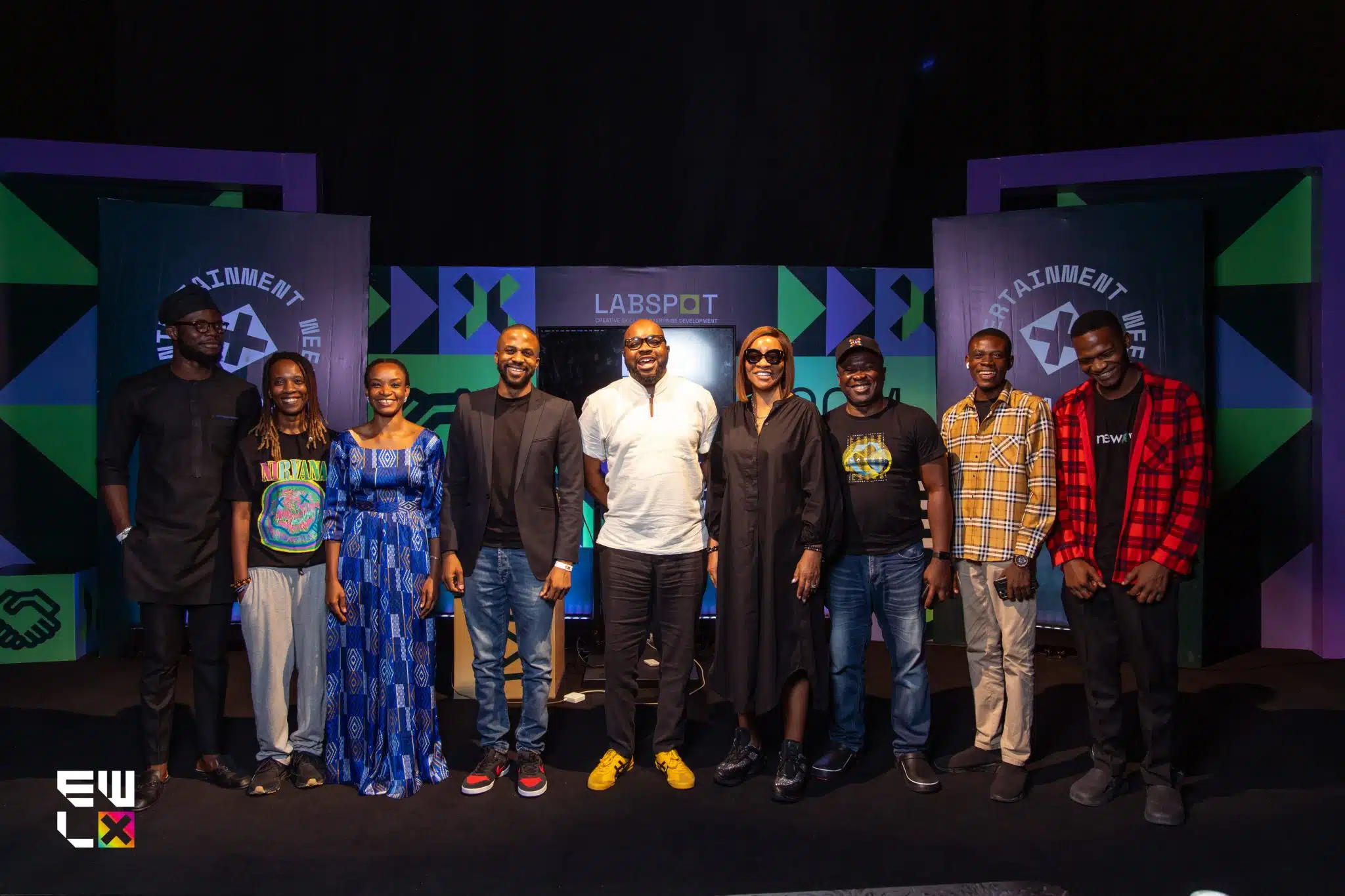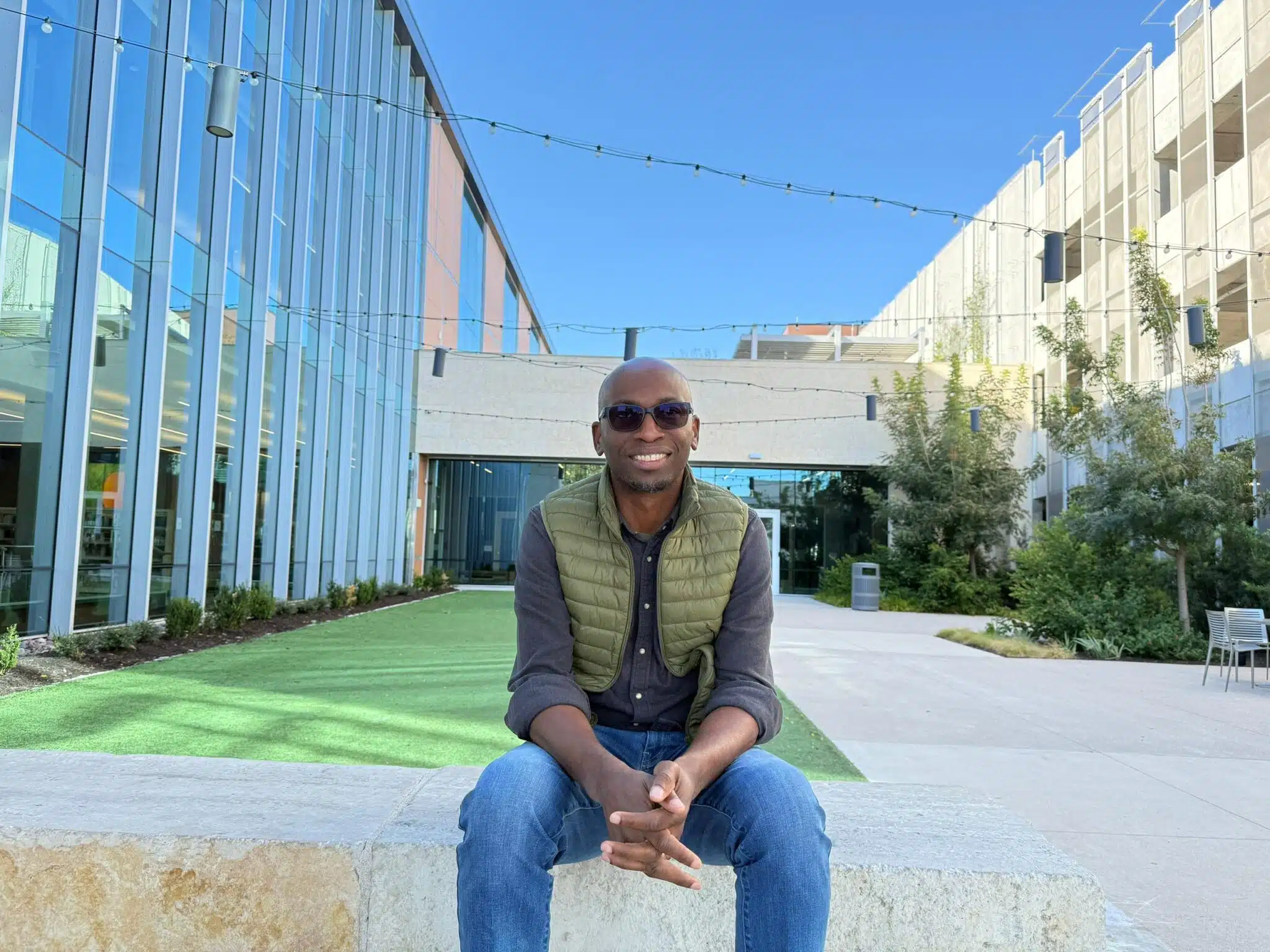“If you had a million dollars to invest, how would you allocate it?”
I posed that question to Solomon Sonaiya, co-founder of Livespot 360, and Kemdi Ebi, CEO and co-founder of Versus Africa, as our conversation on funding creative technology in Africa came to an end.
Their answers were telling. While Sonaiya said he’d focus on backing the right people, Ebi explained he would channel 80% of the funds into infrastructure such as energy, data, and payments to de-risk the process of building creative tech startups across the continent.
Having spent more than a decade in the creative sector, Sonaiya is well aware of the challenges creatives face. Through Deal Room, he and Ebi are creating a space for creative entrepreneurs to connect with potential investors and mentors.
Crucially, they see it as a way to encourage more people to build technology solutions that serve the creative sector.
“The average creative wants to just create, and when you ask them to create something that scales, it requires support and mentorship of people who have been there.” Ebi explains.
Over three days, the entrepreneurs are put through sessions aimed at helping them refine their ideas and pitches through interactions and feedback from mentors.
Their thought process is rooted in the opportunity that the industry presents today and even in the future. For instance, Nigeria’s greatest export is arguably its art. From widely acclaimed authors such as Chinua Achebe and Wole Soyinka to musicians and even movies, the creative sector continues to put the country on the global map.
But the sector is not simply attracting attention. It is also creating jobs, and Africa’s creative sector is now valued at $58.4 billion, highlighting its growing importance to the region’s economy.

Victoria Fakiya – Senior Writer
Techpoint Digest
Stop struggling to find your tech career path
Discover in-demand tech skills and build a standout portfolio in this FREE 5-day email course
Still, Sonaiya thinks there’s still a long way to go. The biggest opportunity, he says, is to expand opportunity.
Unlike sectors like fintech that have significant activity on both the investing and innovation fronts, innovation in the creative sector has been muted, a situation that Sonaiya views as an opportunity.
A look at the companies that have pitched at previous Deal Rooms paints an interesting picture — one that mirrors Ebi’s view of where the real opportunity lies. While many people see the creative sector purely as arts and entertainment, he’s looking beyond that, toward the businesses that enable creative work.
For instance, many African creatives secure opportunities from outside the continent, yet the lack of reliable logistics and payment infrastructure often prevents them from fully accessing or capitalising on those prospects.
Technology in the creative sector
Across Africa, the creative sector has adopted technology as a necessity. With traditional gatekeepers and infrastructure often lacking, creators have quickly turned to digital tools to scale, connect with audiences, and build communities.
Take social media platforms, for instance. Apps like TikTok have become key to monetisation for African creatives and are now one of the leading sources of news and entertainment in Africa, enabling creators to earn from features like live-gifting or subscriptions.
Beyond simply posting content, African creators are embracing more advanced technologies such as generative AI and blockchain. Innovations around blockchain technology are enabling musicians, visual artists and other creatives to track and manage copyright, ensure fair royalty payments and bypass intermediaries.
In the visual arts world, for example, artists in Nigeria have previously sold digital artworks as non-fungible tokens (NFTs), thereby opening up global markets and earning revenue outside local systems. This shift has created new business models around creative tech.
Creatives are also using social media and digital platforms to build direct relationships with their fans, while also experimenting with AI tools to streamline content creation.
Success and plans for the future
Over the past three years, about 25 businesses have passed through Deal Room, collectively raising nearly a million dollars in funding. Yet the team is eager to expand its impact.
According to Ebi, two major challenges stand in the way of attracting more capital to the sector. The first is a limited understanding of the local creative landscape among investors, which makes it difficult for them to see how their investments can generate returns.
On the other hand, many founders lack a firm grasp of their own business models, often prioritising their craft over commercial viability. Deal Room aims to bridge this gap by educating investors on the opportunities within the creative economy while helping founders build businesses that can attract and sustain investment.










